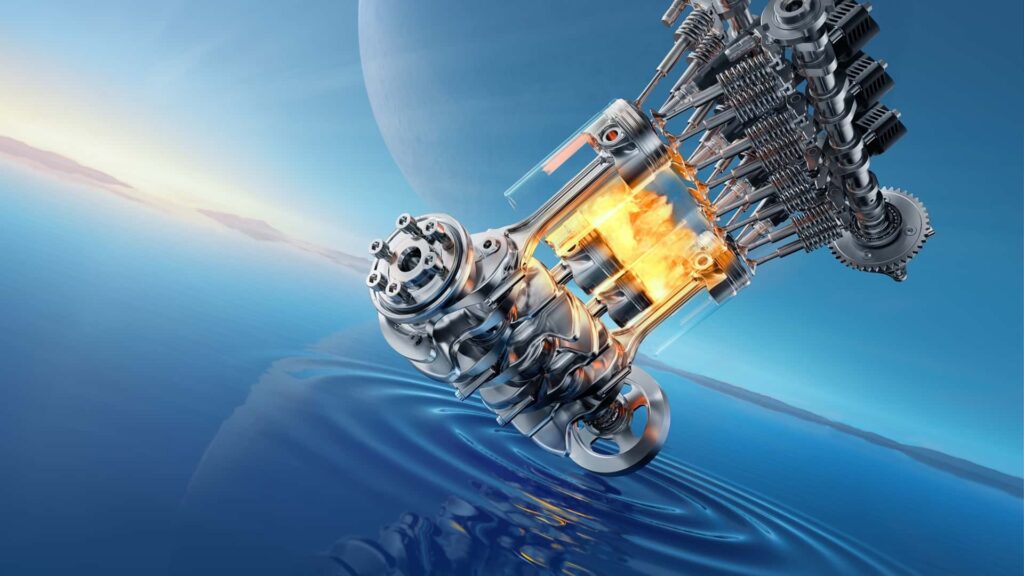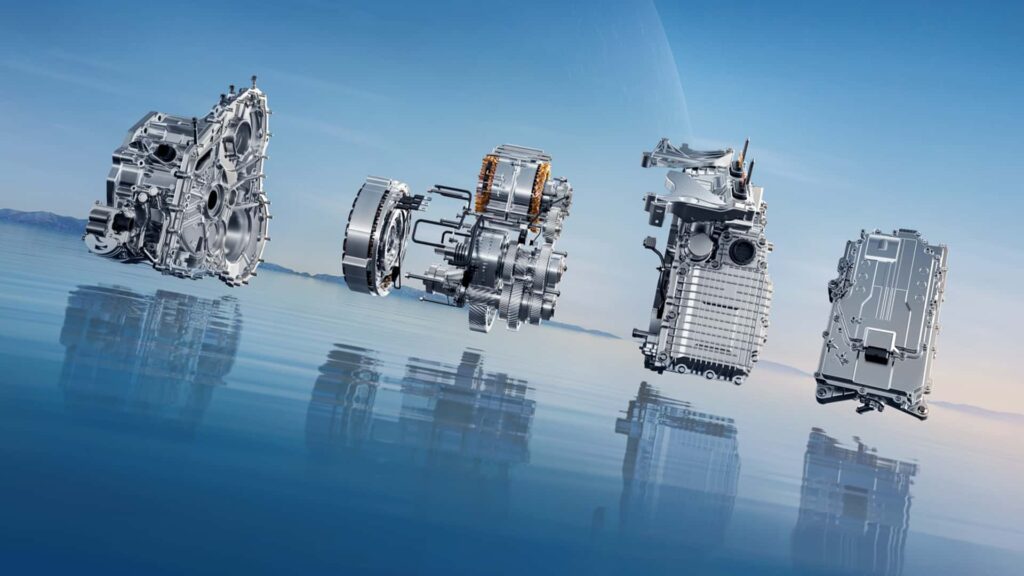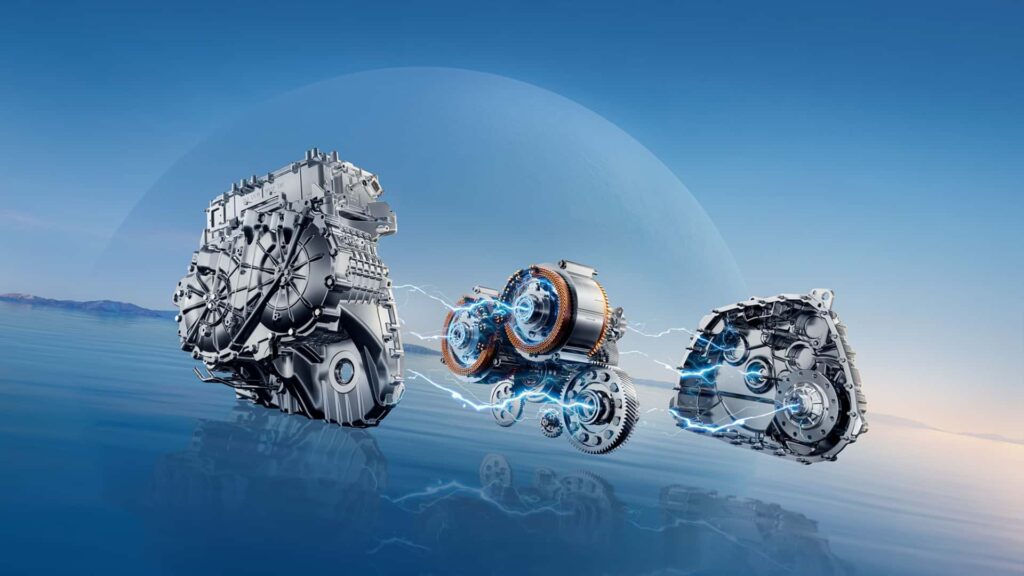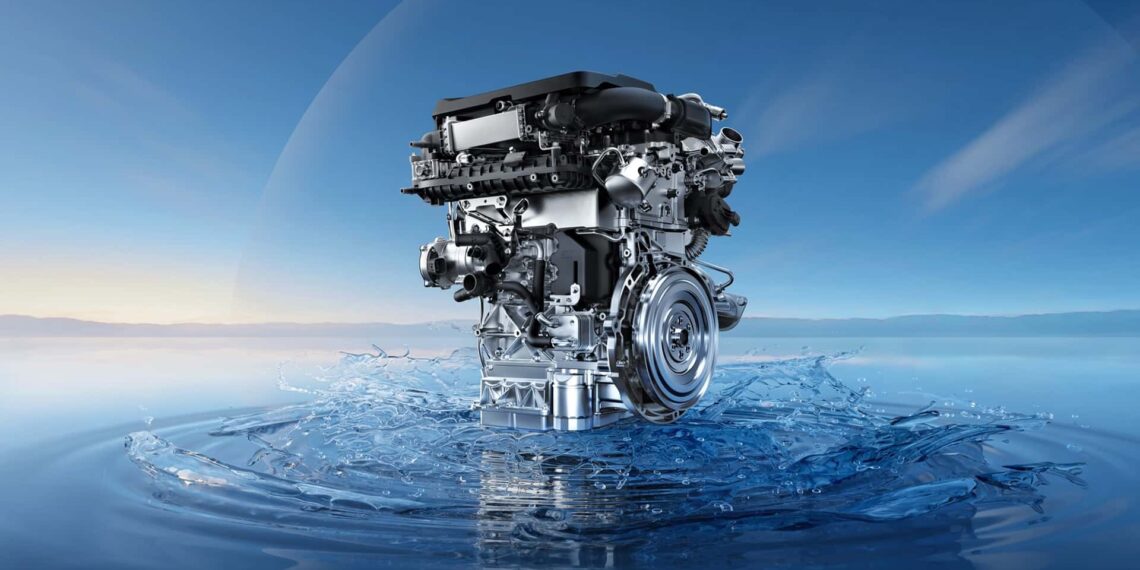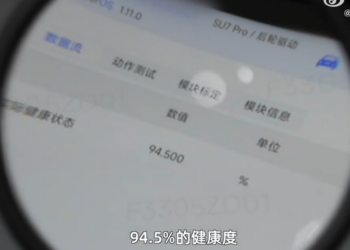About to arrive in Portugal, and known in Europe primarily for its 100% electric models, Omoda&Jaecoo continues to have electrification as one of the essential vectors of its long-term strategy, but does not therefore refrain from heavily investing in the optimization of thermal engines, also believing that, at least in the coming years, hybrid powertrains will continue to be the most practical way to reduce emissions derived from the use of automobiles, and the overall consumption of energy. In this sense, the Chinese manufacturer has just revealed, at the 2025 edition of its annual International User Summit, a new project that aims to contribute to a new perspective on sustainability: an internal combustion engine that promises to achieve a thermal efficiency of 48%.
This is a value within the reach of very few manufacturers, which, if confirmed, represents a significant technological leap compared to the current industry average: between 38% and 45%. This is because, in practice, each percentage point gained in this regard translates into a reduction of approximately 2.5% in fuel consumption, and thus, in CO2 emissions, making this a critical factor both in terms of operating economy and environmental impact.
To achieve its goals, the Research and Development team of the Chery Group is developing a set of extreme innovations, such as an ultra-high compression ratio of 26:1; hyperbolic triple linkage mechanisms; exhaust gas recirculation (EGR) of 35%; and advanced thermal insulation coatings. Together, these solutions will be able to reduce thermal losses and increase the efficiency of the combustion cycle, paving the way for a new generation of high-efficiency hybrid engines.
